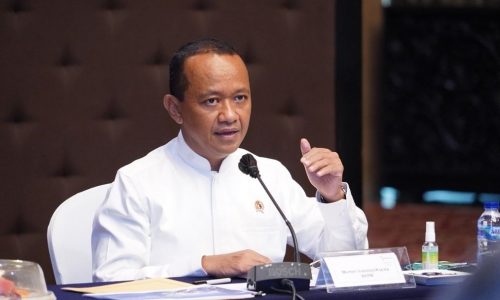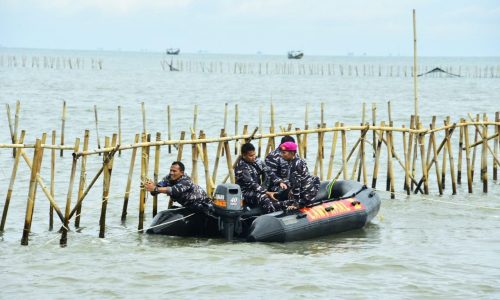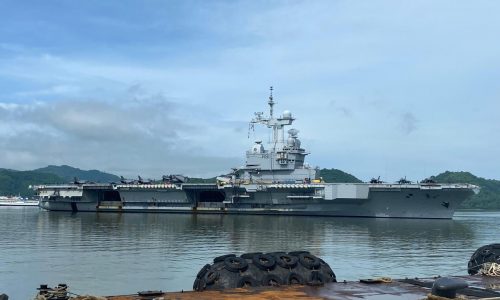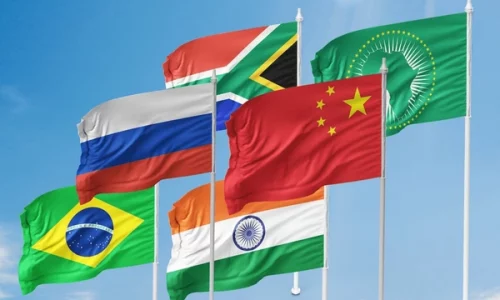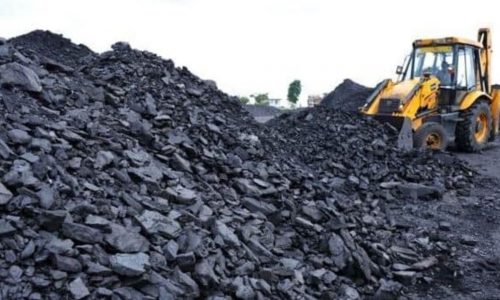The Indonesian government is prioritizing religious organizations for the management of specific mining areas (WIUPK), but this initiative is limited to coal commodities and excludes other strategic minerals.
Lana Saria, Advisor for Natural Resource Economics at the Ministry of Energy and Mineral Resources (ESDM) told a public discussion hosted by the National Mandate Party (PAN) on Wednesday, June 26, 2024, that the decision is based on the relatively lower complexity of coal mining and its potential direct benefits to the community.
Lana highlighted that this initiative is intended to empower religious community organizations through equal opportunities in natural resource management.
“The aim is to provide empowerment to business entities owned by religious community organizations,” she said.
The offered WIUPK will be from former Coal Mining Concession Work Agreements (PKP2B) areas that have been reduced, preventing the need to open new, undefined lands. This is outlined in Article 83A of Government Regulation No. 25/2024, which promotes equitable access to resource management.
To support this, the government is revising Presidential Regulation No. 70/2023, detailing technical guidelines for granting WIUPK to religious organizations. Lana mentioned that the Ministry of Investment is currently drafting these guidelines.
The allocation process will be managed by the Land Use and Investment Task Force, and recipient organizations will be required to pay compensation for data and information (KDI).
The regulatory framework also ensures that these religious organizations must comply with the same standards and requirements as other business entities, including good mining practices, safety, environmental management, and mineral conservation. The transfer or reassignment of WIUPK ownership without approval from the Minister of Energy and Mineral Resources is prohibited.
Muhammadiyah, Indonesia’s second largest Muslim organization, has expressed a neutral stance on the government’s proposal. Ihsan Tanjung, a member of Muhammadiyah’s Executive Board, said that the organization is conducting an internal study on the potential benefits and operational capabilities of managing coal mining licenses.
This includes evaluating human resources, financial aspects, and the feasibility of contributing to Muhammadiyah’s educational and healthcare institutions, as well as its microfinance services.
Despite preparing for potential management of coal mining licenses, Ihsan clarified that Muhammadiyah has not actively sought these licenses.
“Our position is passive; we are the object, and the government is the subject that grants these licenses,” he said.
The initiative to grant WIUPK to religious organizations aligns with the updated regulations in Government Regulation No. 25/2024, which includes 17 amended and added articles.
The areas on offer are former mining sites of companies such as Kaltim Prima Coal, Adaro Energy, and Arutmin Indonesia, containing high-calorie coal used in power plants, cement, steel, and metal processing industries.
Minister of Investment Bahlil Lahadalia noted that the government has so far only received a proposal from Nahdlatul Ulama (NU) for managing coal mining licenses.
The government is currently verifying this proposal, emphasizing that religious organizations must use their business entities to manage the mining operations.
“So far, only NU has submitted a proposal. We are open to communication with other organizations,” Bahlil said on June 10, 2024.



